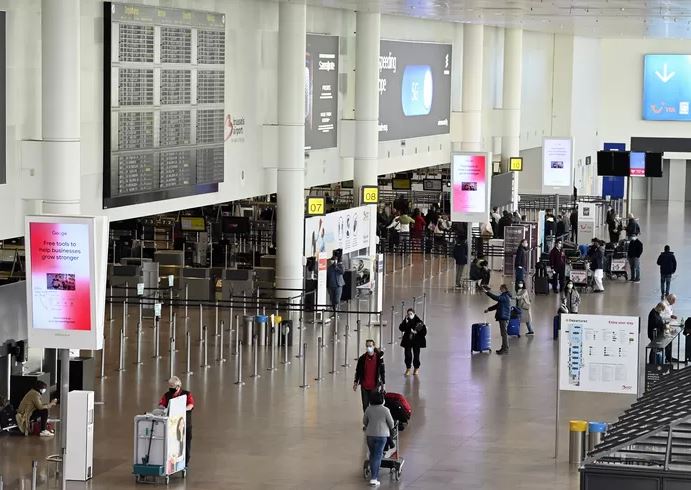The European Commission has given Belgium ten days to provide more explanations about its ban on non-essential travel, according to a letter from the Commission.
The letter to the Belgian authorities was signed by Salla Saastamoinen, the Director-General of DG Justice at the Commission, according to the Belga news agency.
"In the case of the travel ban imposed by Belgium, the Commission considers that less restrictive measures would have been possible to protect public health," she wrote.
Saastamoinen stressed that "no reason" was given for the extension of the travel ban. Additionally, the decision to extend the ban was taken weeks before the initial travel ban - which was in force until 1 March - was due to expire.
Related News
- Belgium will review curfew and non-essential travel ban on Friday
- Don't expect significant easing of coronavirus measures, health minister warns
- MR questions ban on non-essential travel ahead of Consultative Committee meeting
Besides Belgium, Germany and several other European Member States also received a letter from the Commission in response to the restrictions on free movement that they introduced as a result of the coronavirus crisis.
Prime Minister Alexander De Croo already announced that the ban would be reviewed during the Consultative Committee on Friday, but the Commission's criticism now added some extra pressure to adapt the measure.
This weekend, Federal Health Minister Frank Vandenbroucke already said that it would be "difficult to maintain [the ban]," adding that "in the EU, where you work with open borders, it is very difficult to keep them closed."
On Friday 12 February, the EU had already expressed “a certain amount of concern” about the extension of Belgium’s travel ban, of which it was only officially informed about a week after it went into force.
The Belgian travel ban initially entered into force on 27 January, and even though the other EU leaders did not raise objections when Prime Minister Alexander De Croo asked about the measure at an EU summit, the ban goes beyond the European recommendations.
Maïthé Chini
The Brussels Times

